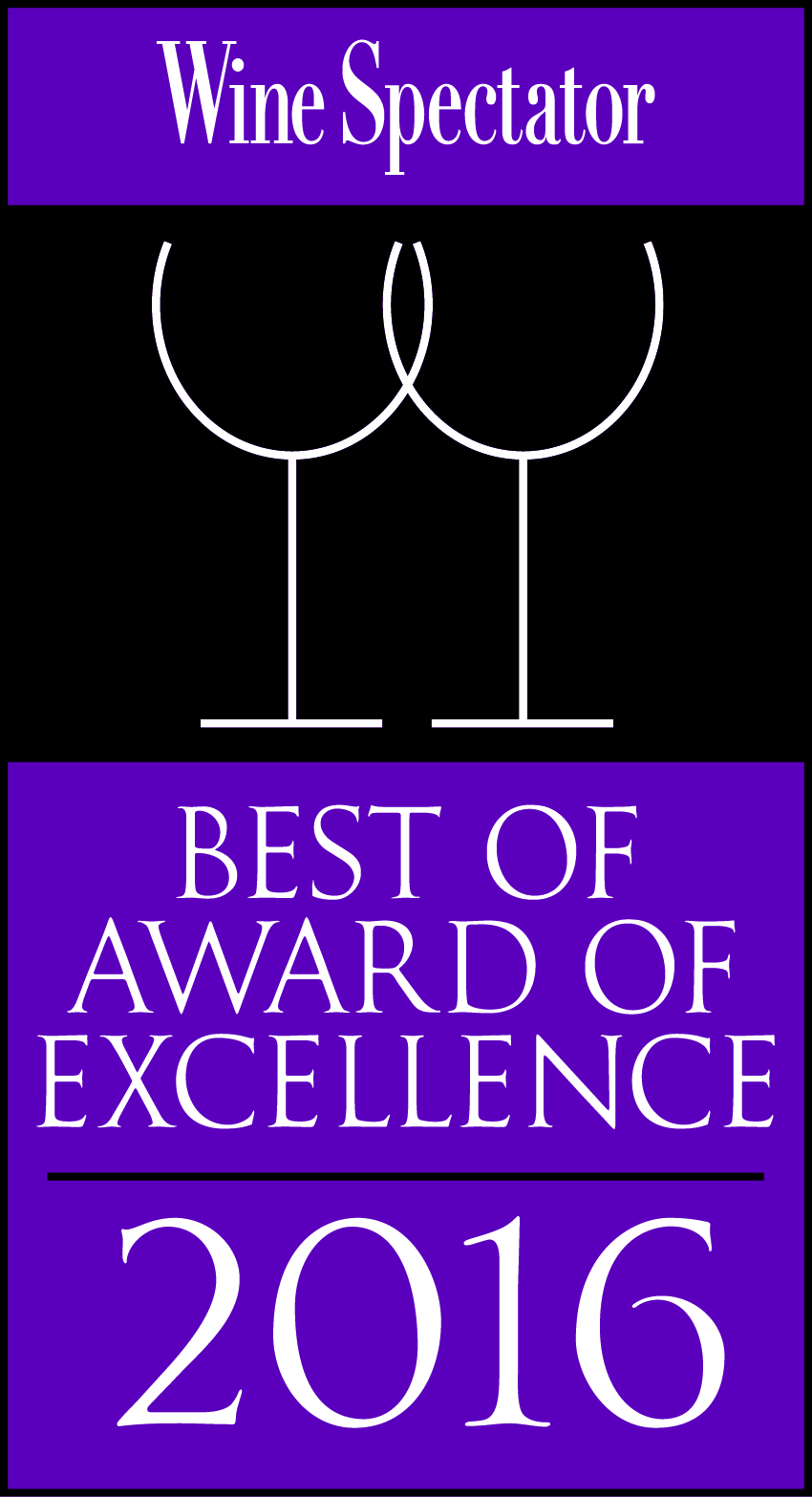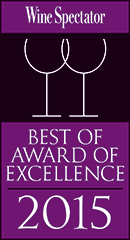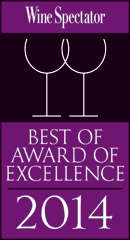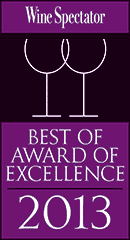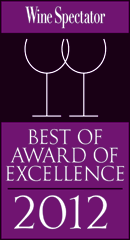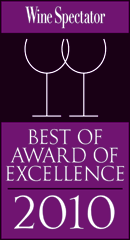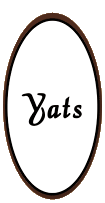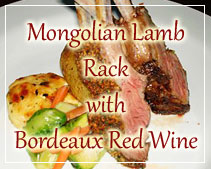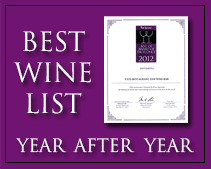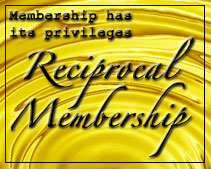History of whisky
January 17, 2011
The origin of Scotch
What is the origin of the name ‘whisky’?
The term ‘whisky’ derives originally from the Gaelic ‘uisge beatha’, or ‘usquebaugh’, meaning ‘water of life’. Gaelic is that branch of Celtic spoken in the Highlands of Scotland.
When was Scotch Whisky first distilled?
Whisky has been distilled in Scotland for hundreds of years. There is some evidence to show that the art of distilling could have been brought to the country by Christian missionary monks, but it has never been proved that Highland farmers did not themselves discover how to distil spirits from their surplus barley.
The earliest historical reference to whisky comes much later, Mr J Marshall Robb, in his book ‘Scotch Whisky’, says: ‘The oldest reference to whisky occurs in the Scottish Exchequer Rolls for 1494, where there is an entry of ‘eight bolls of malt to Friar John Cor wherewith to make aquavitae’. A boll was an old Scottish measure of not more than six bushels. (One bushel is equivalent to 25.4 kilograms)
When King James IV was in Inverness during September 1506, his Treasurer’s Accounts had entries for the 15th and 17th of the month respectively: ‘For aqua vite to the King. . .’ and ‘For ane flacat of aqua vite to the King. . .’. lt is probable that the aquavitae in this case was spirit for drinking.
The earliest reference to a distillery in the Acts of the Scottish Parliament appears to be in 1690, when mention is made of the famous Ferintosh distillery owned by Duncan Forbes of Culloden.
There is also a reference to distilling in a private house in the parish of Gamrie in Banffshire in 1614. This occurs in the Register of the Privy Council, where a man accused of the crime of breaking into a private house, combined with assault, was said to have knocked over some ‘aquavitie’.
One of the earliest references to ‘uiskie’ occurs in the funeral account of a Highland laird about 1618.
An unpublished letter of February 1622, written by Sir Duncan Campbell of Glenorchy to the Earl of Mar, reported that certain officers sent to Glenorchy by the King had been given the best entertainment that the season and the country allowed. It stated: ‘For they wantit not wine nor aquavite.’ This ‘aquavite’ was no doubt locally distilled whisky.
Another w riter affirms that aquavitae occasionally formed part of the rent paid for Highland farms, at any rate in Perthshire, but no actual date is given for this practice.
What is the history of charging duty on Scotch Whisky?
The Scots Parliament in 1644 passed an Excise Act fixing the duty at 2/8d (13p) per pint of aquavitae or other strong liquor – the Scots pint being approximately one third of a gallon. For the remainder of the 17th century various alterations were made to the types and amounts of duty collected.
After the Union of the Parliaments in 1707, English revenue staff crossed the border to begin their lengthy attempts to bring whisky production under control. Ninety years later the excise laws were in such a hopeless state of confusion that no two distilleries were taxed at the same rate. Illicit distilling flourished, the smugglers seeing no good reason for paying for the privilege of making their native drink.
After a lengthy Royal Commission, the Act of 1823 sanctioned legal distilling at a duty of 2/3d (12p) per gallon for stills with a capacity of more than 40 gallons. There was a licence fee of £10 annually and no stills under the legal limit were allowed. The first distillery came into ‘official’ existence in the following year and thereafter many of the more far-sighted distillers came over on to the side of the law.
In 1840, the duty was 5d (2.5p) per bottle and by the beginning of the First World War it had risen to 1/81/2d (9p). In 1939, a typical bottle of Scotch Whisky cost 14/3d (72p) of which 9/71/2d (48p) was duty. By 1992, after a succession of duty increases, the same bottle was costing around £10.80. The duty on it was £5.55, equivalent to £19.81 per litre of pure alcohol.
In 1995, for the first time in one hundred years, the tax on Scotch Whisky was reduced. Duty fell from £5.77 to £5.54 a bottle (70cl). In 1996, the tax on Scotch Whisky was again reduced.
Since 1973 the price of a bottle of whisky, including the Excise Duty, has been subject to a Value Added Tax.
Are these articles useful for enhancing your wine and dine experience in the Philippines. Do they also help you with travel, leisure, vacation, dining out, nightlife and other leisure activities plans in Manila and other major cities of Philippines? Yats Restaurant hopes to provide you with ample information so you can plan your trips to Pampanga Angeles City Clark Freeport Zone whether you are travelling from Manila or other Asian countries such as Hong Kong, Shanghai, Singapore, Malaysia or Korea.
Restaurant reservations in Manila Philippines, planning of menu, selection of wine for dinner and booking a private function and event in Angeles City Clark Freeport Zone can all be handled. Yats Restaurant and Wine Bar has been regarded by many to be the premier restaurant north of Manila Philippines. Its 3000-line award-winning restaurant wine list has kept many wine lovers happy dining in this restaurant in Angeles City Clark Philippines for over a decade.
Yats Restaurant and Wine Bar was built by Hong Kong-based Yats International in 2000 to provide a world-class cozy fine dining restaurant, business meeting facilities and venues for private dinners and functions in Pampanga Angeles City Clark Freeport Zone. Pampanga Angeles City Clark Philippines was selected for this restaurant because of safety, clean air, absence of traffic and proximity to Manila and Subic.
For comments, inquiries and reservations, email Restaurant@Yats-International.com or call these numbers:
(045) 599-5600 0922-870-5178 0917-520-4401
Http://www.YatsRestaurant.com
Getting to this fine dining restaurant of Angeles City Clark Freeport Zone Pampanga Philippines
How to get to this fine-dining restaurant in Clark Philippines? Once you get to Clark Freeport, go straight until you hit Mimosa. After you enter Mimosa, stay on the left on Mimosa Drive, go past the Holiday Inn and Yats Restaurant (green top, independent 1-storey structure) is on your left. Just past the Yats Restaurant is the London Pub.
